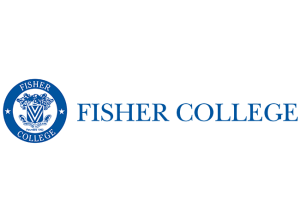Graduate Certificate in Addictions Counseling
Fisher College
Program Details
The graduate certificate in Addictions Counseling offers students the opportunity to expand their educational comprehension of addiction disorders, effective treatment modalities, relapse prevention, and case management. Students will analyze and identify the ideology of addiction and its impact on interpersonal relationships. Coursework will stress professional and ethical responsibilities to train counselors to provide ethical and therapeutic care to the growing number of individuals, groups, and families affected by addiction.
Learning Objectives:
- Demonstrate competency in the 12 counselor core functions (screening, intake, orientation, assessment, treatment planning, counseling, case management, crisis intervention, client education, referral, reports and record keeping, and consultation with other professionals).
- Identify and implement treatment models and methods such as twelve step, self-help, harm reduction, relapse prevention, and new or evolving treatment models for individuals, families, and communities.
- Analyze literature on chemical and non-chemical addiction in relation to psychopharmacology, intersectionality, and trauma.
- Comprehend and abide ethical codes of conduct for professional addiction counseling practices
- Critical thinking and problem-solving skills to address current issues in addiction treatment and co-occurring disorders using current evidence-based practices.
Learning Pace
Institution-Paced% Online
100% OnlineSchool Accreditation & Licensing
Fisher College is accredited by:
New England Commission of Higher Education (NECHE)
Program Requirements & Restrictions
Minimum Education
Bachelor DegreeRecommended GPA
2.5 or above (4.0 scale)Application Requirements
Official College Transcript(s)
Restricted States
California

